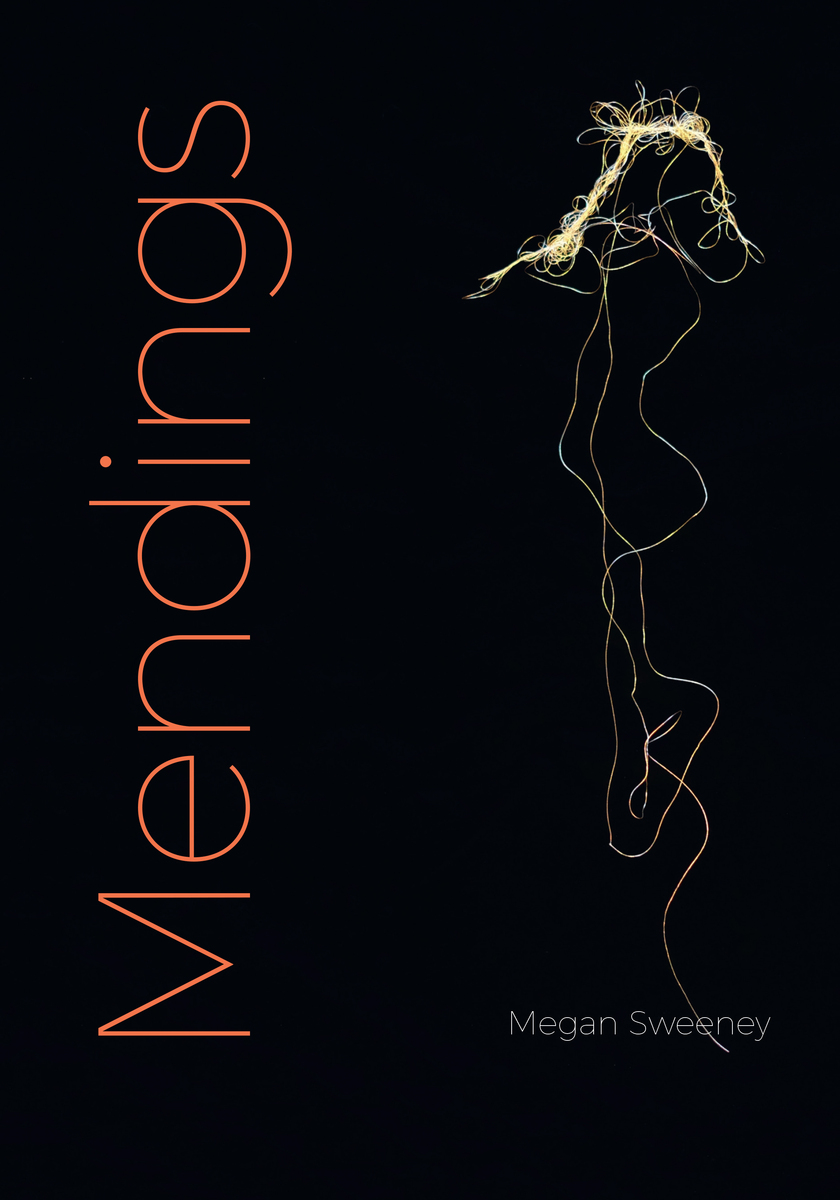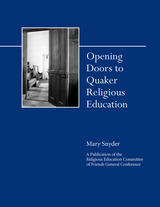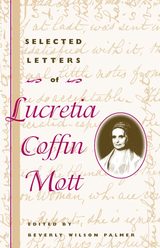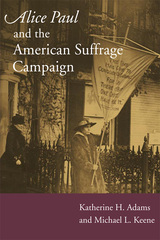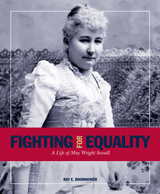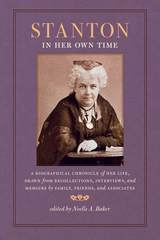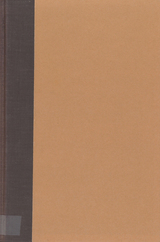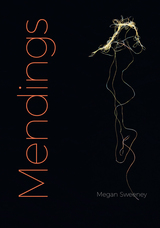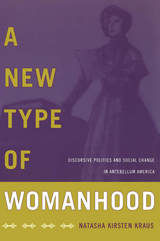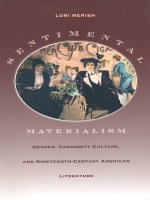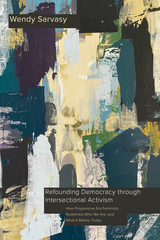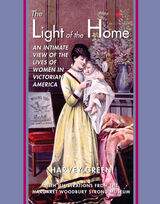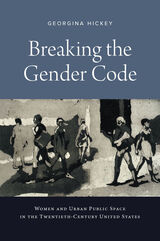Mendings
Duke University Press, 2023
Paper: 978-1-4780-1910-7 | Cloth: 978-1-4780-1646-5 | eISBN: 978-1-4780-2373-9
Library of Congress Classification HQ1413.S94A3 2023
See other books on: 1967- | Bereavement | Clothing and dress | Fashion & Accessories | Repairing
See other titles from Duke University Press
Paper: 978-1-4780-1910-7 | Cloth: 978-1-4780-1646-5 | eISBN: 978-1-4780-2373-9
Library of Congress Classification HQ1413.S94A3 2023
ABOUT THIS BOOK | AUTHOR BIOGRAPHY | TOC | REQUEST ACCESSIBLE FILE
ABOUT THIS BOOK
Mendings tells an intimate story about family, selfhood, and the love and loss lodged in garments. In this narrative about making meaning of brokenness and grief, Megan Sweeney reflects on her childhood entanglement with her mother, her loss-filled relationship with her alcoholic father, and her attachment to the clothes that have mended her as she has mended them. Sweeney explores how clothing fosters communication and enables us to cultivate relationships with ourselves and with others, both living and deceased. In dialogue with other clothing lovers, writers, fiber artists, evolutionary biologists, historians, and environmentalists, Sweeney also foregrounds the entwinement of clothing, race, and gender as she considers the ethics and environmental effects of clothing consumption, the history of clothing in the US prison system, and the roles that textiles play as sources of creativity, artistry, and self-fashioning, even within conditions of constraint. For Sweeney, the act of mending is a way of living. Unlike fixing, which leaves no trace of damage or loss, mending allows Sweeney to embrace holes, rips, and threadbare patches as part of her life’s design.
See other books on: 1967- | Bereavement | Clothing and dress | Fashion & Accessories | Repairing
See other titles from Duke University Press
